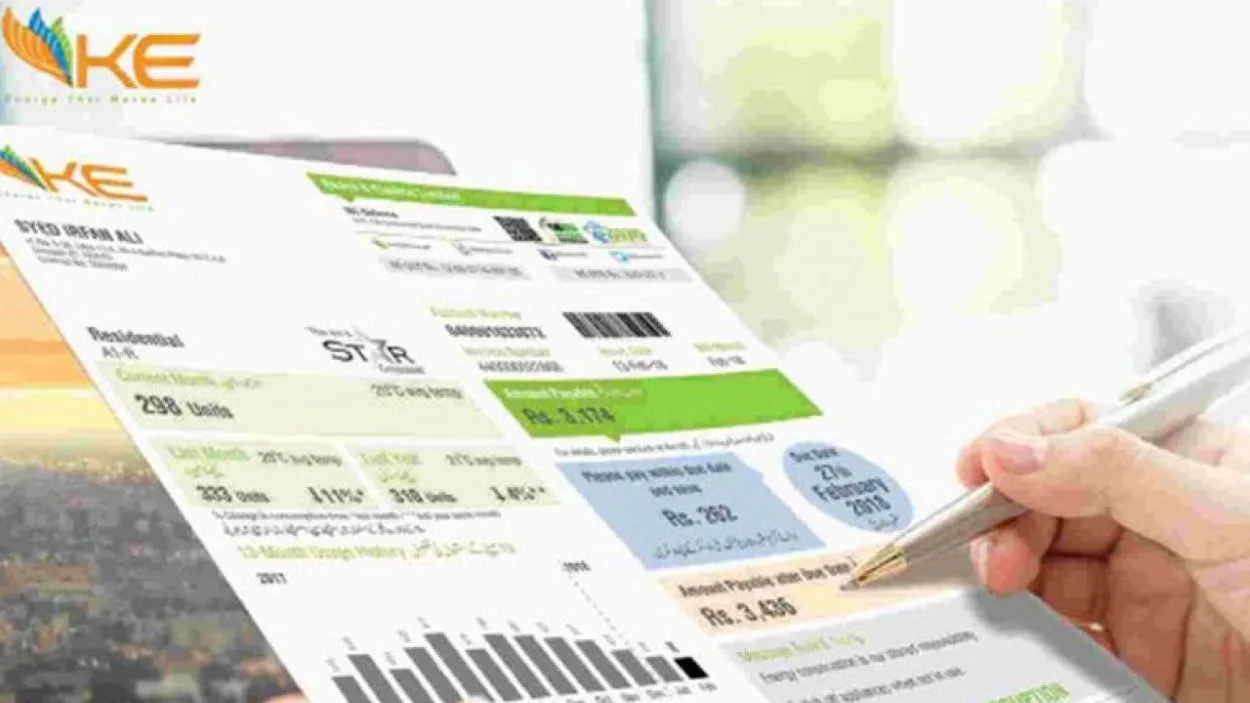The Sindh High Court has issued a restraining order against the Karachi Metropolitan Corporation, prohibiting the collection of Municipal Utility Charges and Tax in areas under the jurisdiction of Karachi’s cantonment boards.
The KMC had been recovering these charges by incorporating the MUCT into the monthly electricity bills issued by K-Electric. The court announced this decision while adjudicating a petition filed by residents of the Cantonment Board Malir, who legally challenged this practice.
In its ruling, the SHC affirmed that the legal authority to collect municipal taxes within cantonment areas rests exclusively with the cantonment boards themselves. Consequently, the court directed K-Electric to immediately cease collecting MUCT through electricity bills for consumers in these specific jurisdictions.
Read: KMC Begins Collecting Municipal Tax via K-Electric Bill
The petitioner’s counsel argued that residents were facing dual taxation. The Malir Cantonment Board was already levying a conservancy tax, while the KMC was simultaneously imposing municipal charges via electricity bills. The lawyer contended that the KMC lacked the legal jurisdiction to impose taxes in cantonment areas, where the local cantonment board already imposes higher charges, and requested the court to bar both KMC and K-Electric from such collections.
The court’s decision brings a new development to an ongoing political and administrative dispute. Earlier in September 2025, Karachi Mayor Murtaza Wahab stated that Rs200 million in municipal taxes were being collected monthly, with a total of Rs2 billion collected the previous year.
He also noted that a private company was handling the collection of these charges. At the time, the mayor criticised political opposition to the tax, specifically mentioning Jamaat-e-Islami’s Saifuddin and alleging that the party did not object when the budget was passed.






